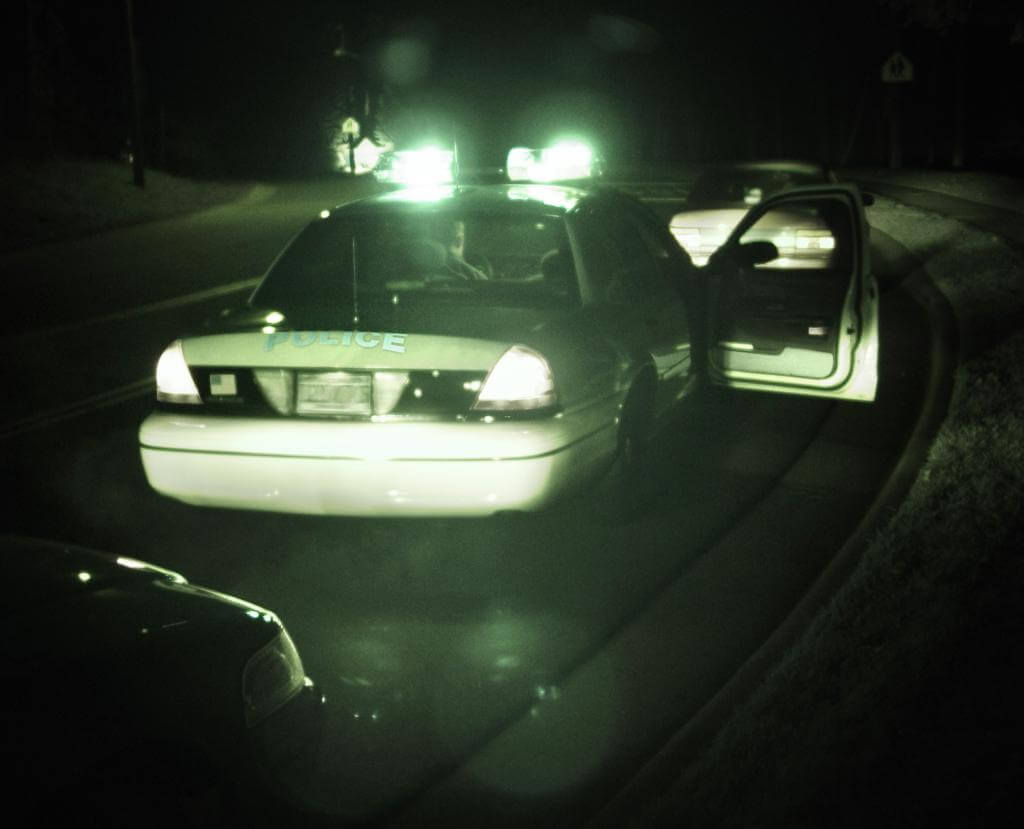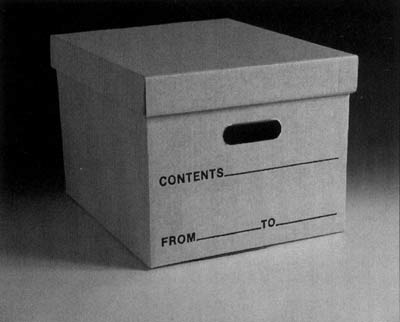 The 5th Amendment to the United States Constitution: “[N]o person…shall be compelled in any criminal case to be a witness against himself.”
The 5th Amendment to the United States Constitution: “[N]o person…shall be compelled in any criminal case to be a witness against himself.”
On January 25, 2012, the Texas Court of Criminal Appeals issued its opinion in the case of Johnson v. State. This case specifically dealt with a situation that occurred during the sentencing phase of a trial involving defendant Charles Michael Johnson. Johnson was arrested in 1991 and subsequently indicted for Possession of a Controlled Substance with intent to deliver. He was released on bond and failed to appear for any further hearings. Eighteen years later, Johnson was arrested in Florida and returned to Texas to face the charges. He was convicted by a jury at trial and then elected to have the court assess punishment.
After the State rested it’s punishment case, the defense had the court take judicial notice of the pre-sentence investigation and then rested. At that point, the judge asked the Defense if its client wanted to testify. The Defense stated that he would not. The judge’s response was, “In all candor, I would kind of like to know what he’s been doing for the last 18 years.” The Defendant then went to the witness stand and testified. At the end of the hearing, the judge stated, “ Okay. Well, this is obviously a very difficult case in that it’s apparent to me that he has stayed out of trouble, essentially at least, in any realistic way. I mean, driving with a license suspended is no big deal in the context of things, but on the other hand, I don’t want to reward somebody for running, and I do believe that the defendant lied under oath, sir. I’m sorry. That’s what I think.” The judge then sentenced him to ten years’ confinement.
On appeal, Johnson argued that the trial court had compelled him to testify against himself in violation of his Fifth Amendment right to silence. The CCA relied on previous precedent establishing the general rule that the privilege to avoid self-incrimination is ordinarily not self-executing. Minnesota v. Murphy, 465 U.S. 420. By “not self-executing,” the CCA noted that a defendant can voluntarily forfeit his Fifth Amendment privilege if he freely chooses to take the stand and make incriminating statements even if not done knowingly or intelligently. The CCA stated that the issue was not whether Johnson make a knowing, intelligent and voluntary waiver of his privilege to remain silent, but whether he voluntarily testified or was “coerced” to testify against his will. The CCA indicated that this question hinged on whether Johnson feared that the trial court would penalize him for remaining silent (which the Court also called the “classic penalty situation”). The Court found that there was no direct evidence that it would. Additionally, the CCA found that neither Johnson nor his counsel made any comment indicating that they believed if he remained silent a greater punishment would be assessed.
Finding that Johnson was not confronted with the “classic penalty situation,” the CCA held that he had forfeited his Fifth Amendment right to remain silent when he voluntarily took the stand in his own defense, despite the trial courts comments before he did so.









